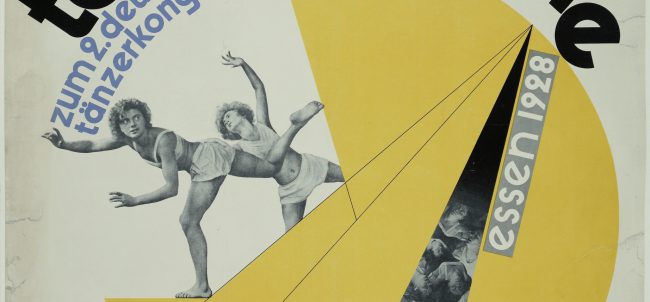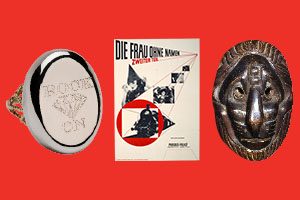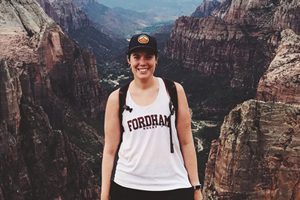|
|
Research programming is a major component of intellectual life at Bard Graduate Center. Organized by our faculty, the seminars, lectures, and symposia scheduled throughout the semester broaden our curricular vision and help further the institution’s goal of promoting research in the areas of decorative arts, design history, and material culture—what we call the “cultural history of the material world.” Advance registration is strongly encouraged. Please click through for full descriptions and to register.
|
|
|
Lectures and Seminars |
|
|
Tuesday, March 19, 6–7:30 pm
Lambros Malafouris
Senior Research Fellow in Creativity, Cognition, and Material Culture, Keble College & Institute of Archaeology, University of Oxford
What is that thing we call “mind” in the archaeology of mind? Malafouris will argue that mind-stuff do not have fixed locations or set properties: they equally pertain to brains, bodies, and things. A neural activation pattern, a movement of the hand, a line produced on a piece of white paper: they are all mind-stuff. The suggestion he wants to make is that more often than not our ways of think-ing are better described as modes of thing-ing. Read more.
|

|
Friday, March 22, 1–5:30 pm
This symposium, complementing the exhibition Jan Tschichold and the New Typography at the Bard Graduate Center Gallery (on view February 14–July 7), will examine the role of graphic design in the broader context of Weimar culture (1919-1933). This period witnessed considerable technological innovation in the printing industry, especially in applications of photography to the mass media, as well as a range of new practices within the design community of Central Europe. Read more.
|
 BGCTV This event will be livestreamed. A link to the video will be posted to the event listing the day of the talk. BGCTV This event will be livestreamed. A link to the video will be posted to the event listing the day of the talk. |
Tuesday, March 26, 6–7:30 pm
Robin Schuldenfrei
Katja and Nicolai Tangen Lecturer in Twentieth-Century Modernism, The Courtauld Institute of Art
This lecture examines the intensified turn towards the social usefulness of art by Herbert Bayer, tracing an arc from his initial research in Germany to its materialization in the US. Bayer was deeply invested in reaching viewers—he experimented with techniques of display and graphic design, using processes of remediation as a means of communicating visually in new ways. Read more.
|
 BGCTV This event will be livestreamed. A link to the video will be posted to the event listing the day of the talk. BGCTV This event will be livestreamed. A link to the video will be posted to the event listing the day of the talk. |
Thursday, March 28, 9 am–4:45 pm
Friday, March 29, 9 am–4:345 pm
When one examines a painted surface, whether a New Kingdom Egyptian sarcophagus or a John Singer Sargent portrait, it appears as though the paint is dry, and is therefore no longer interacting with itself or its environment. Nothing could be further from the truth. Paint is constantly active, responding to its surroundings and reacting with (for example) the water, light, and oxygen in its local environment. Read more.
|
 BGCTV This event will be livestreamed. A link to the video will be posted to the event listing the day of the talk. BGCTV This event will be livestreamed. A link to the video will be posted to the event listing the day of the talk. |
 This event is part of our “Cultures of Conservation” initiative, supported by The Andrew W. Mellon Foundation. This event is part of our “Cultures of Conservation” initiative, supported by The Andrew W. Mellon Foundation.
|
|
|
|
Around the Center |
|
|

|
On view through July 7 in the Bard Graduate Center Gallery: Making—Media—Material, exhibitions curated by associate professors Aaron Glass and Paul Stirton and BGC alumna Sasha Nixon (MA ’18). Learn more and visit.
|
|
|

|
This month’s Alumni Spotlight is on Nadia Westenburg, a museum technician at Zion National Park. Read more.
|
|

|
Bard Graduate Center’s spring public education course, Highlights in the History of Graphic Design, is a five-week course that looks at some key moments in the history of graphic design. Learn more and register.
|
|
|
|
|
The 23rd Annual Iris Awards will be presented on April 17 in New York City. Created in 1997, Bard Graduate Center’s Iris Awards recognize scholars, patrons, and professionals who have made outstanding contributions to the study and appreciation of the decorative arts. Learn more and purchase tickets.
|
|
|
|